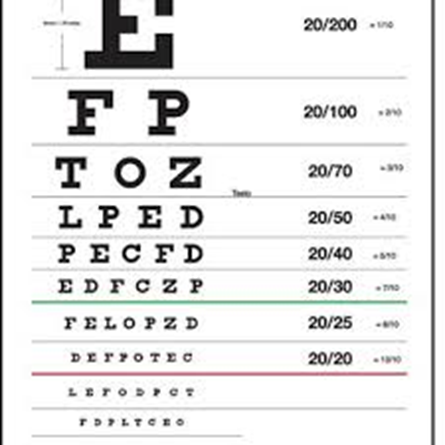Prior to completing the physical examination of a patient post motor vehicle crash, the ER nurse determines that the client is awake, alert, and oriented. This information would be important for which part of the general survey?
Facial expression.
Level of consciousness.
Posture, gait, motor activity, and speech.
Apparent state of health.
The Correct Answer is B
Choice A reason:
Facial expression is an important aspect of the general survey as it can provide clues about a patient's emotional state and possible pain. However, it is not directly related to the patient's level of consciousness. After a motor vehicle crash, assessing facial expression is crucial to identify any signs of distress, trauma, or neurological impairment.
Choice B reason:
Level of consciousness is a critical component of the general survey, especially in the context of trauma or potential neurological injury. It refers to the patient's awareness and responsiveness to the environment. Assessing the level of consciousness involves determining if the patient is awake, alert, and oriented to time, place, and person, which is essential for establishing a baseline cognitive function and detecting any changes that may indicate deterioration or improvement in their condition.
Choice C reason:
Posture, gait, motor activity, and speech are assessed to evaluate the musculoskeletal and neurological systems. While these are important in the context of a motor vehicle crash, they are not specifically related to the level of consciousness. These assessments help identify any deficits that may result from injuries sustained during the crash, such as fractures, dislocations, or neurological damage affecting movement and coordination.
Choice D reason:
The apparent state of health is a broad assessment that includes the patient's overall appearance and any signs that may indicate acute or chronic illness. In the emergency setting, this may involve observing for signs of trauma, shock, or other life-threatening conditions. While it is an essential part of the general survey, it is not specifically focused on the level of consciousness but rather on the patient's general well-being and any obvious health concerns.
Nursing Test Bank
Naxlex Comprehensive Predictor Exams
Related Questions
Correct Answer is A
Explanation
Choice a reason:
The tympanic membrane, also known as the eardrum, is a critical component of the middle ear. It is a thin membrane that separates the external ear from the middle ear and vibrates in response to sound waves. These vibrations are then transmitted to the ossicles within the middle ear, which amplify and carry the sound to the inner ear.
Choice b reason:
The ear lobe is part of the external ear, not the middle ear. It is composed of soft skin and fatty tissue and does not play a role in hearing. The ear lobe serves primarily as a site for body decoration such as earrings.
Choice c reason:
The cochlea is a structure located in the inner ear. It is a spiral-shaped organ that contains the organ of Corti, the sensory organ of hearing. The cochlea converts the mechanical vibrations from the middle ear into nerve impulses that are sent to the brain.
Choice d reason:
The pinna, or auricle, is the visible part of the external ear. It is made of cartilage and skin and functions to capture sound waves and direct them into the ear canal towards the tympanic membrane.
Correct Answer is B
Explanation
Choice A Reason:
An ophthalmoscope is primarily used for examining the interior structures of the eye, such as the retina, and is not typically used for assessing near vision. It provides a view of the fundus of the eye, which is essential for diagnosing various eye conditions but does not directly assess a patient's reading or close-up vision.
Choice B Reason:
The Snellen Chart is traditionally used to measure distance visual acuity and would not be the first choice for assessing near vision. However, there are versions of the Snellen Chart or similar charts designed for near vision assessment, typically held at a reading distance of about 14 inches from the patient. These charts have rows of letters or symbols that decrease in size and are used to determine the smallest print size a person can read.
Choice C Reason:
A magazine can be a practical tool for assessing near vision informally, as it contains various sizes of print and is a good representation of everyday reading material. The nurse can ask the patient to read a specific paragraph to observe their ability to see and comprehend text at a close distance.
Choice D Reason:
A penlight is not used for assessing near vision. It is typically used to assess the pupillary light reflex or to illuminate specific areas of the eye during an examination. The penlight helps to evaluate the response of the pupils to light but does not measure the patient's ability to read or see objects up close.

Whether you are a student looking to ace your exams or a practicing nurse seeking to enhance your expertise , our nursing education contents will empower you with the confidence and competence to make a difference in the lives of patients and become a respected leader in the healthcare field.
Visit Naxlex, invest in your future and unlock endless possibilities with our unparalleled nursing education contents today
Report Wrong Answer on the Current Question
Do you disagree with the answer? If yes, what is your expected answer? Explain.
Kindly be descriptive with the issue you are facing.
